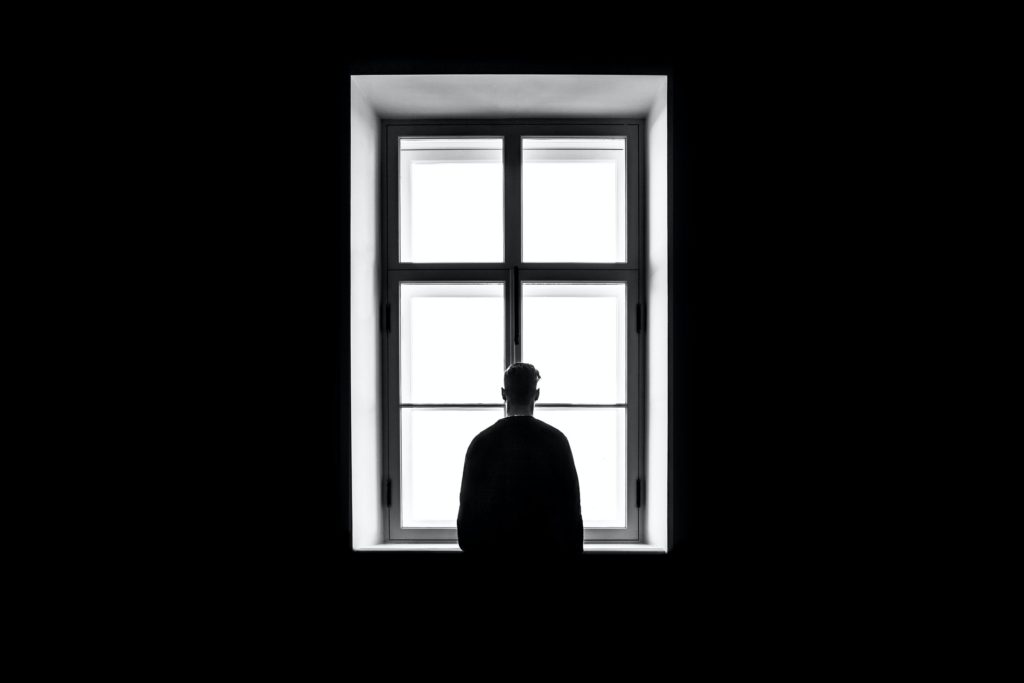Fatigue is a common side effect of breast cancer treatment. While it can occur at varying levels, there are certain patient characteristics that may increase someone’s risk of experiencing more severe or persistent fatigue, according to recent study results.
“Fatigue is a well-known side effect of cancer diagnosis and treatment and has a negative impact on all aspects of quality of life,” the study authors wrote. “On average, fatigue tends to increase during cancer treatment and remit within one year after treatment completion. However, these averages mask considerable individual variability in the severity and course of fatigue.”
The study included more than 200 women who were diagnosed with stage 0 to stage 3a breast cancer who would undergo radiotherapy, chemotherapy, and/or endocrine therapy. Fatigue levels were assessed at diagnosis, and then at the six-, 12-, and 18-month follow-up periods.
Fatigue scores were then separated into categories:
- Stable low (66% of the population)
- Increasing, where patients’ fatigue levels were initially low and then increased over time (9%)
- Reactive, meaning that the fatigue increased at first and then decreased (8%)
- Decreasing (4%)
- Stable high (13%)
The authors noted that if a woman is experiencing high levels of fatigue before adjuvant (therapy given in addition to surgery) breast cancer treatment, she is unlikely to see a spontaneous decrease in the next 18 months – which was the case in 78% of patients who reported high levels of fatigue at diagnosis. Additionally, those who experienced stable low levels of fatigue were comparable to those without cancer.
Preexisting or elevated symptoms of depression, distress, and sleep disturbances were all associated with higher levels of fatigue, the study authors found. In fact, 44% of women with high fatigue levels had a history of a depressive disorder before being diagnosed with cancer, and nearly all (97%) had clinically significant sleep disturbances.
Women with high levels of cancer-related distress at diagnosis but no history of depression tended to have high levels of fatigue at the start of the study, but then fatigue tapered off.
“Thus, a previous psychiatric history, in combination with high levels of behavioral symptoms at the onset of treatment, may set the stage for persistent fatigue across the cancer trajectory and help to identify vulnerable women for early intervention,” the study authors wrote.
In addition to distress, there was an association – though not as strong an association – between disease and treatment and fatigue.
Women who were in the stable/high fatigue category had the highest mastectomy rates and lower stage disease, which the study authors were surprised by. Radiotherapy was associated with reactive fatigue.
These results point toward individual factors – not blanket associations with cancer treatment – when it comes to fatigue. So, patients should talk to their providers if they are experiencing fatigue and/or have a history of depression.
“Although cancer-related fatigue is typically believed to be a ubiquitous response to cancer treatment, findings from the current study strongly suggest that fatigue instead is highly variable across individual patients,” the study authors concluded.
For more news on cancer updates, research and education, don’t forget to subscribe to CURE®’s newsletters here.
